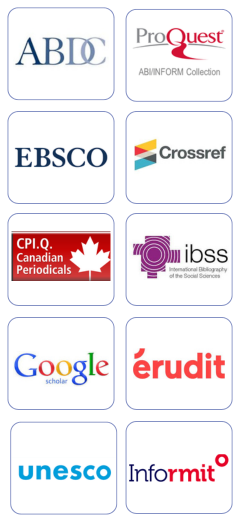Software Piracy and Ethical Decision Making Behavior of Chinese Consumers
Abstract
China has one of the highest software piracy rate in the world. It is important to understand consumers' ethical response to software piracy in the Chinese markets and design effective preventive strategies. This paper proposes a conceptual framework for an understanding of consumer ethical decision making. In the proposed framework, the transformation from legal problem recognition to ethical problem recognition is added to the traditional research framework and viewed as the first and most important step in consumer ethical decision making in regards to software piracy. The effects of two culture-related constructs— assumption of responsibility and attitude towards copyright laws on consumer ethical decision making— are examined and two propositions are made. The influence of Chinese culture and history on consumer ethical decision making is discussed. This paper contributes to our understanding of consumer ethical decision making in software piracy and provides new and constructive interpretations of the cultural influence.Published
2005-12-01
How to Cite
Wang, F., Zhang, H., & Ouyang, M. (2005). Software Piracy and Ethical Decision Making Behavior of Chinese Consumers. Journal of Comparative International Management, 8(2). Retrieved from https://journals.lib.unb.ca/index.php/JCIM/article/view/642
Issue
Section
RESEARCH ARTICLES
License
Papers accepted become the copyright of the journal, unless otherwise specifically agreed.



